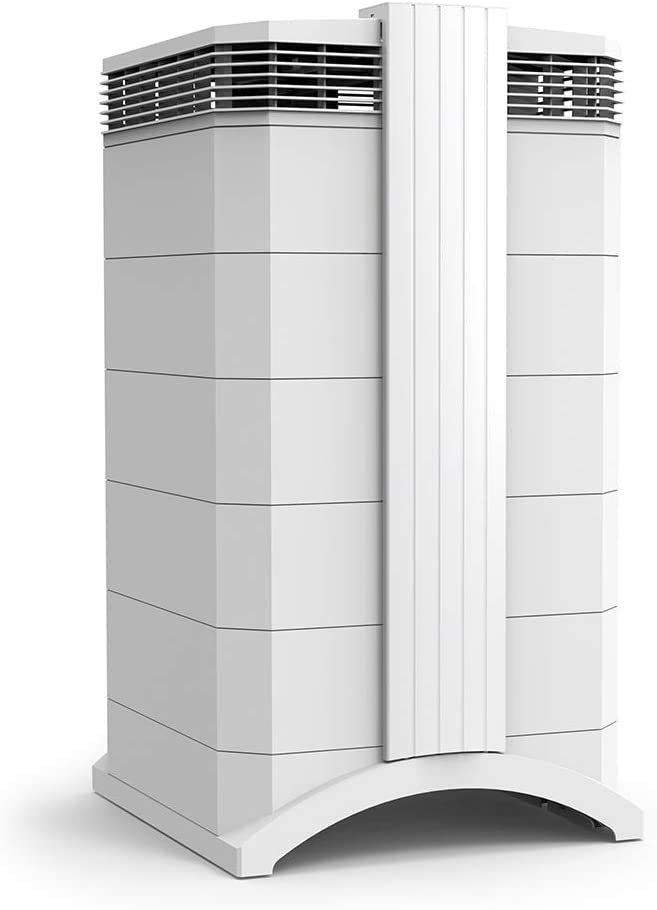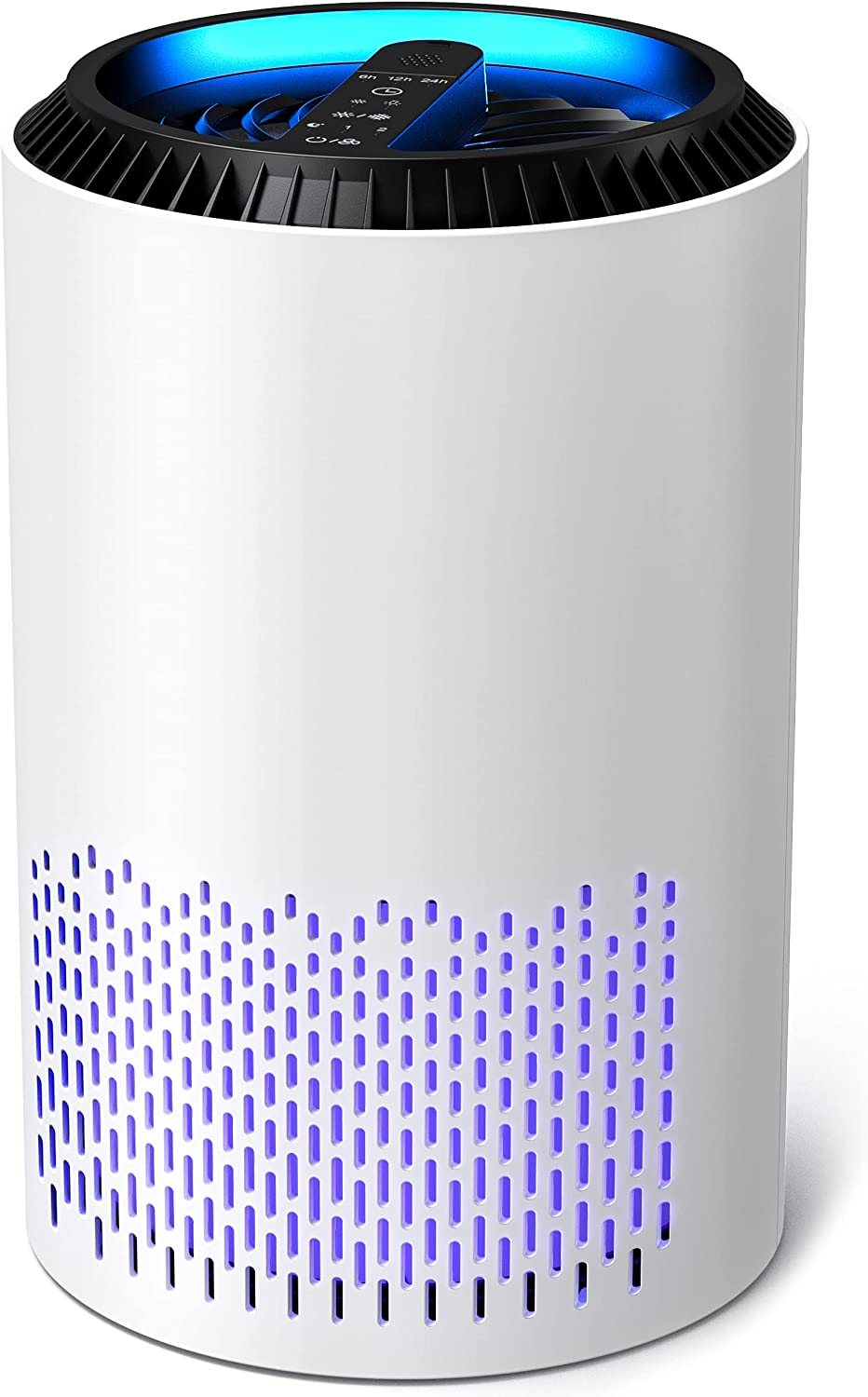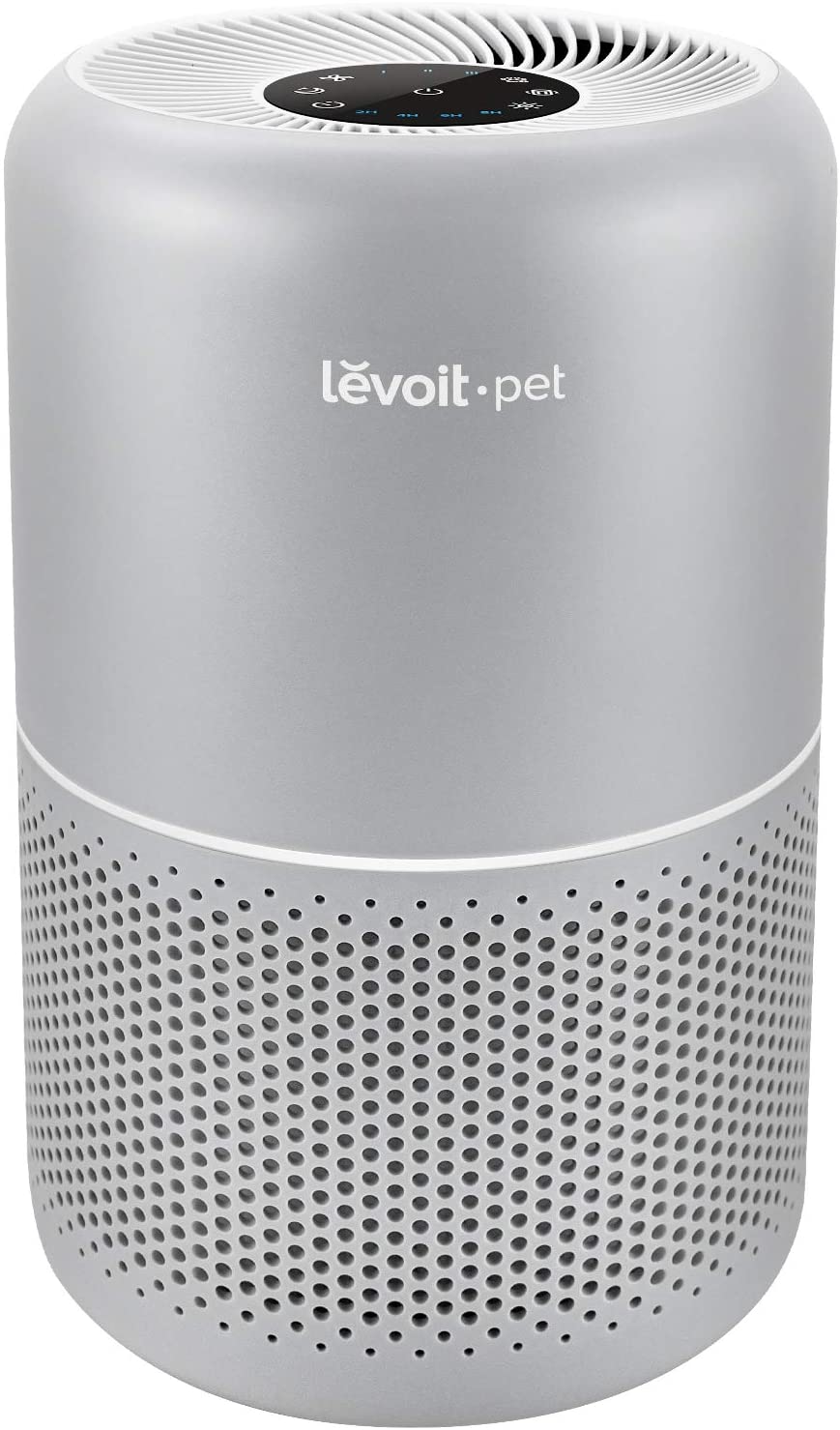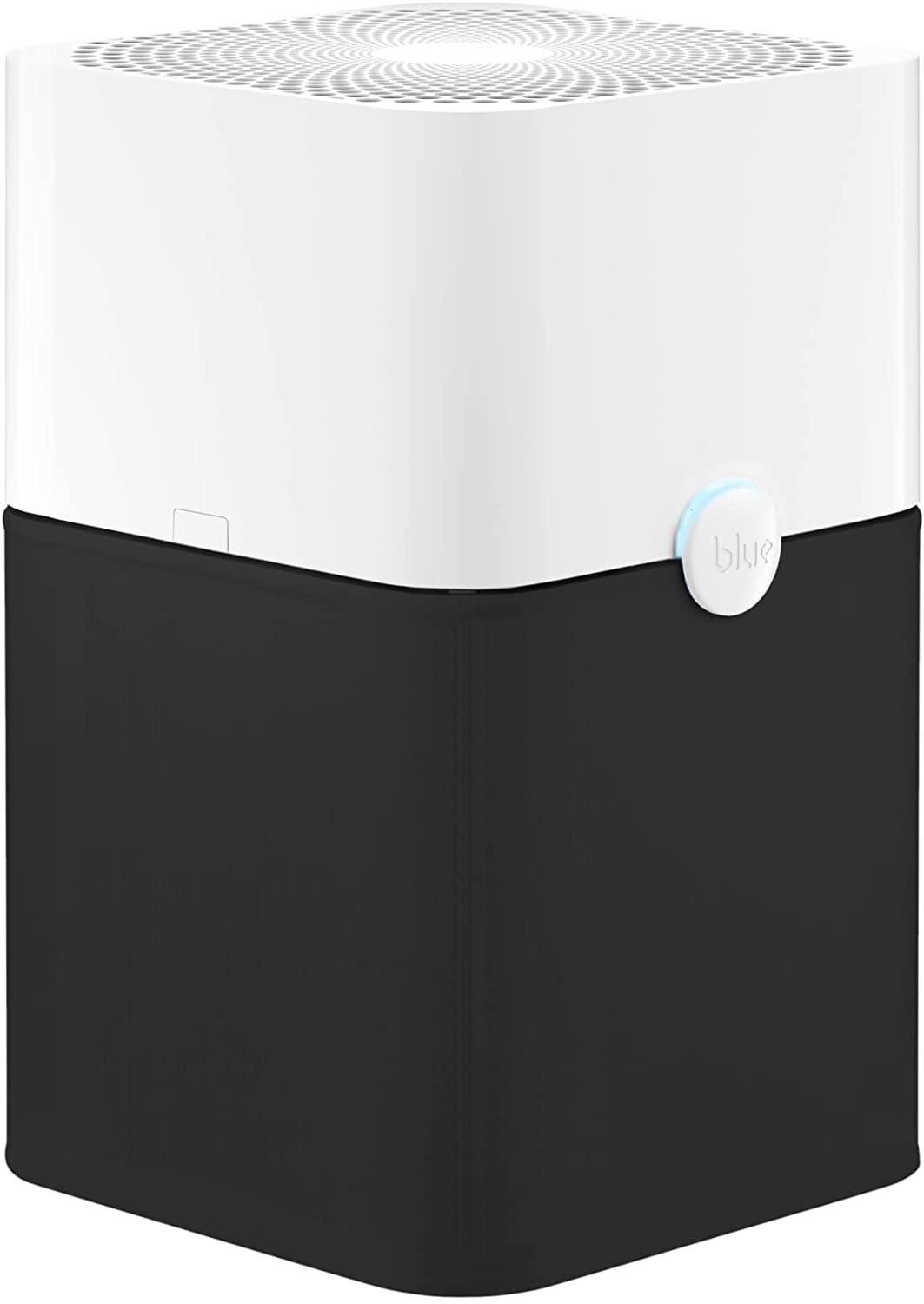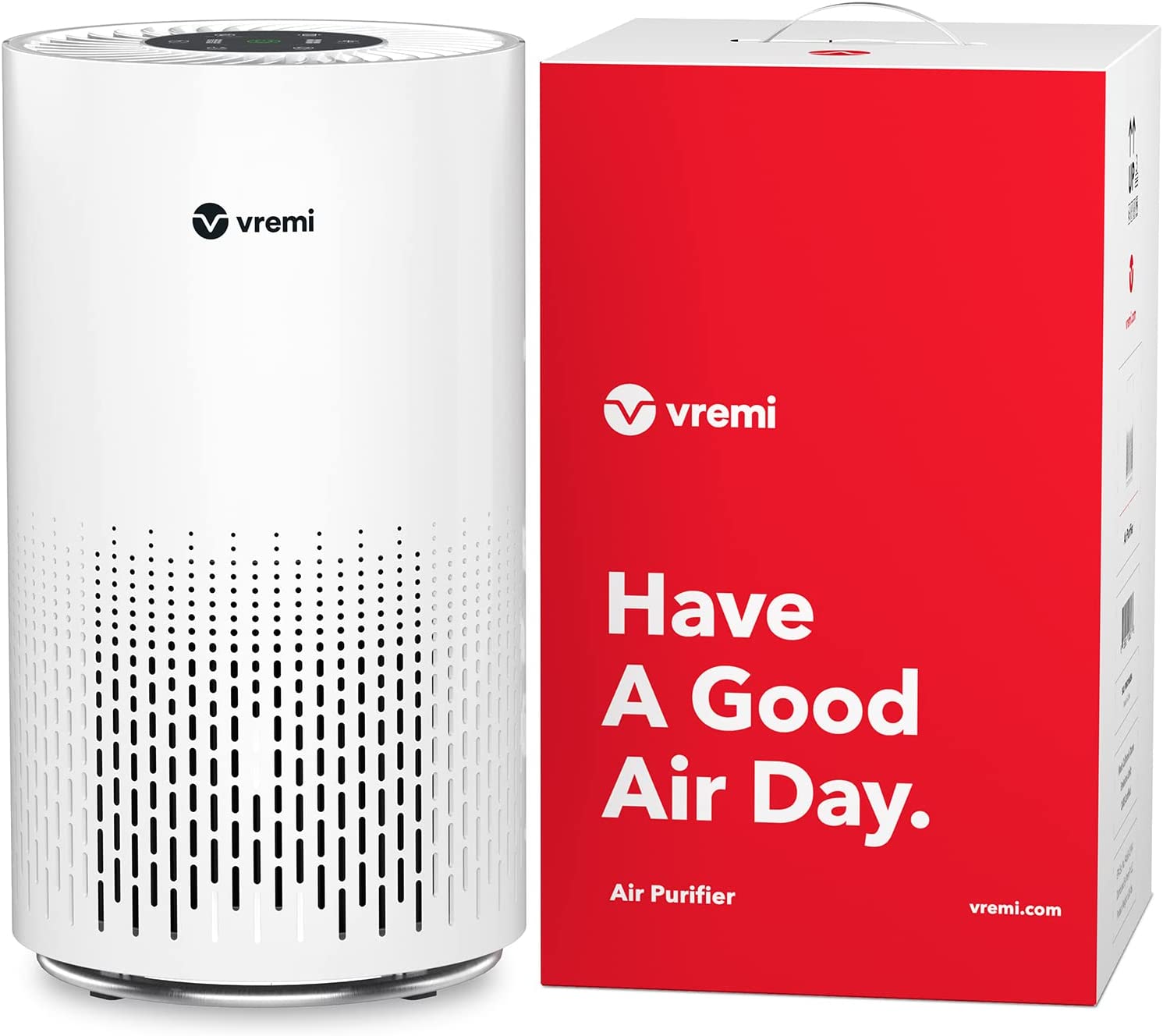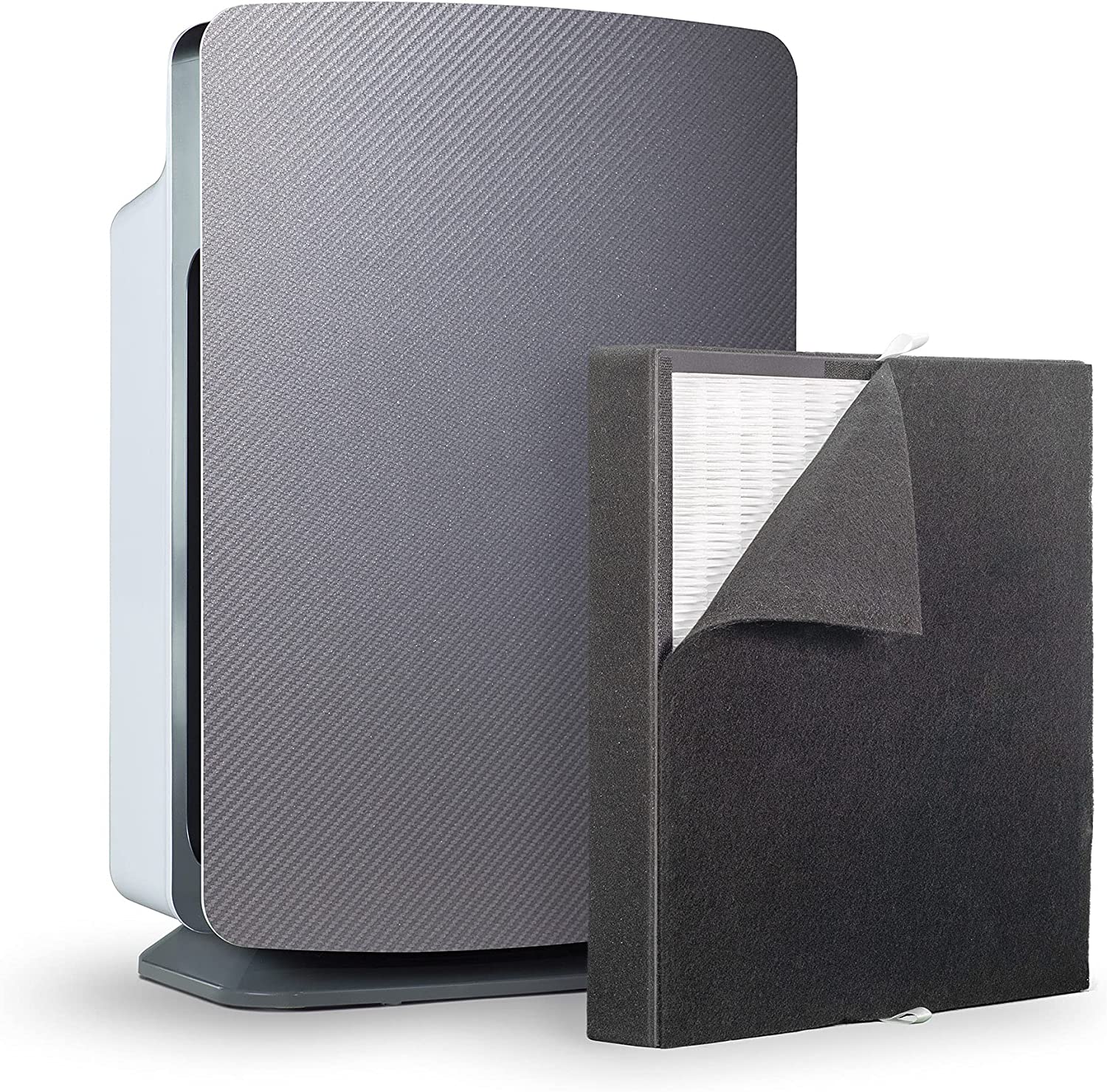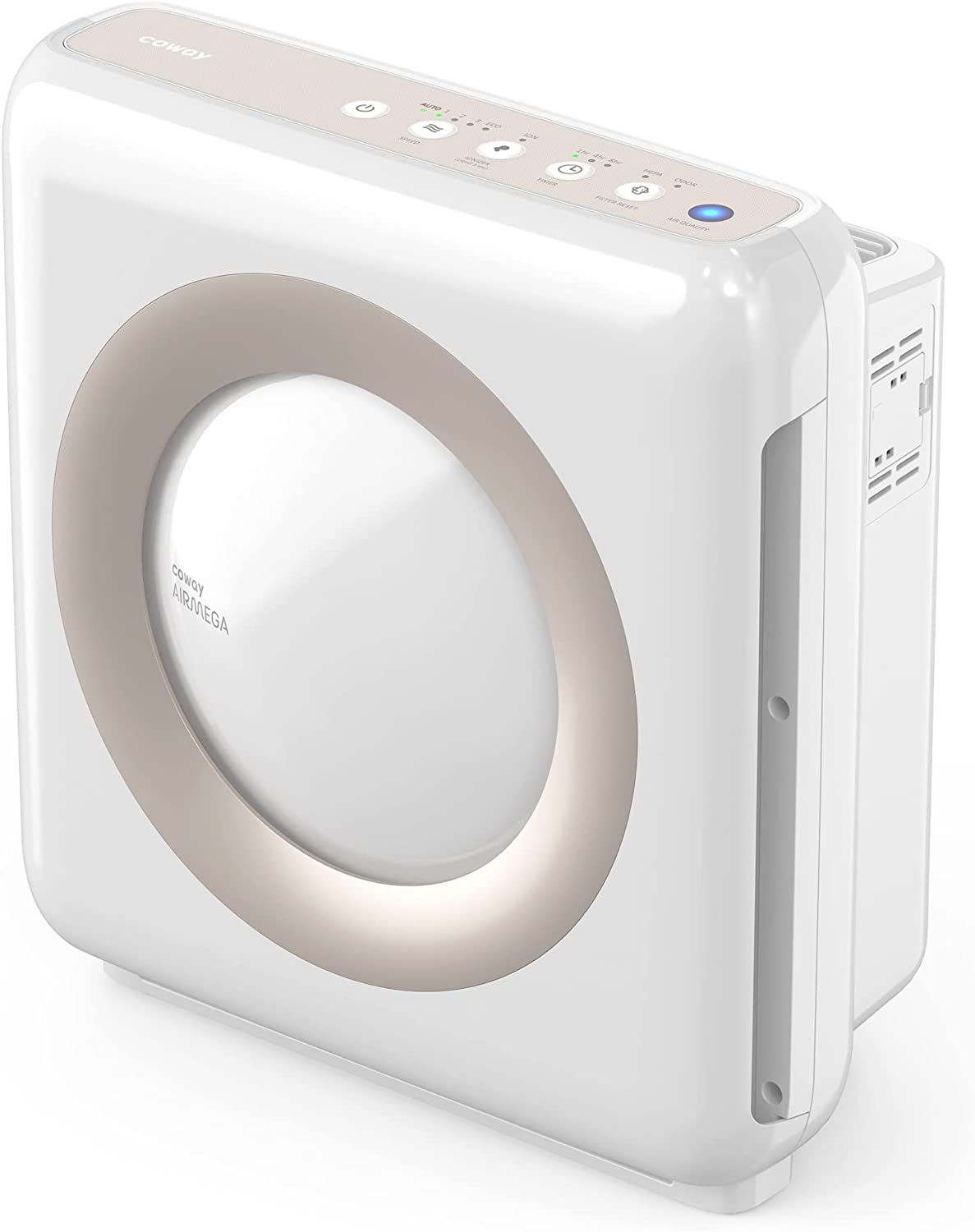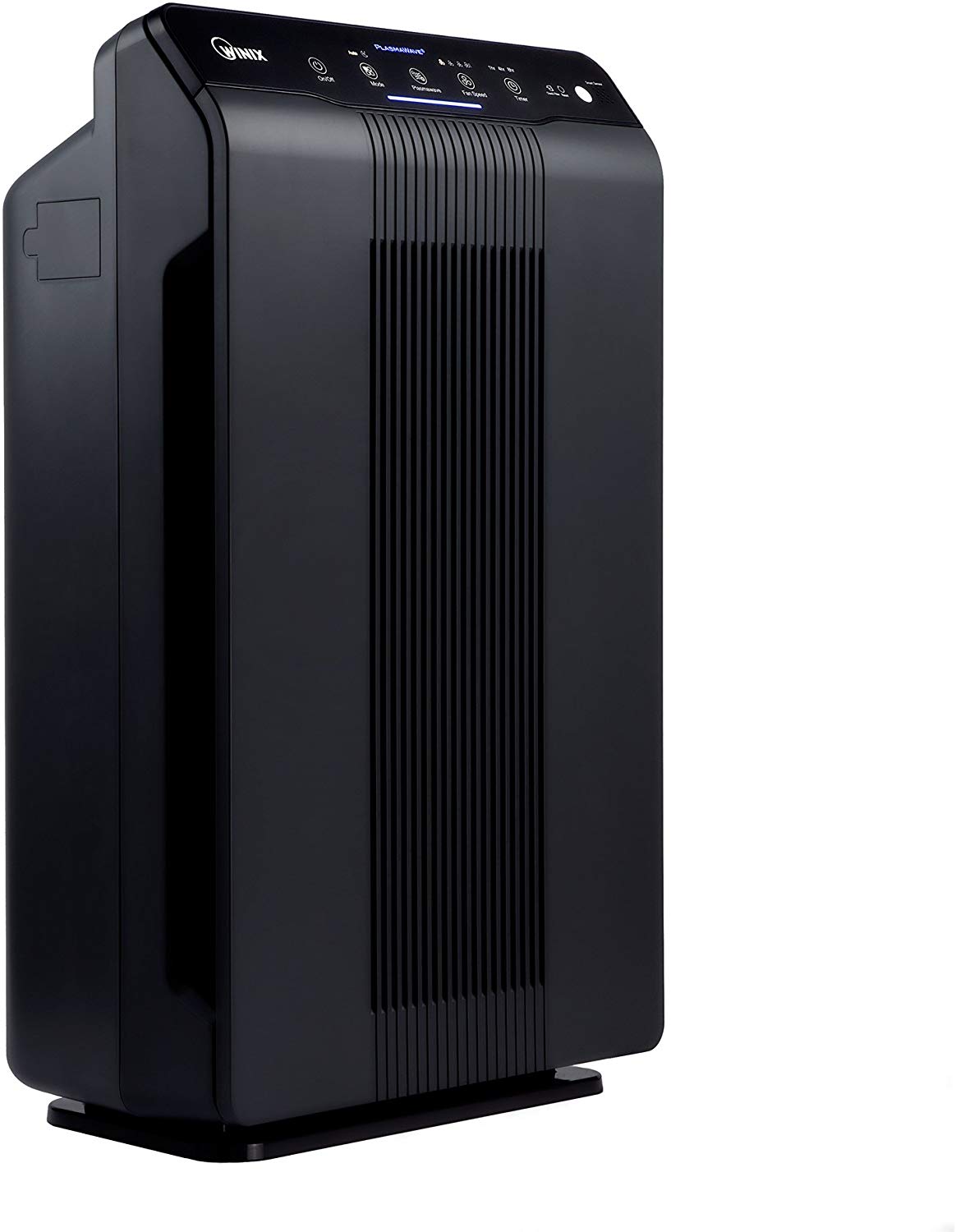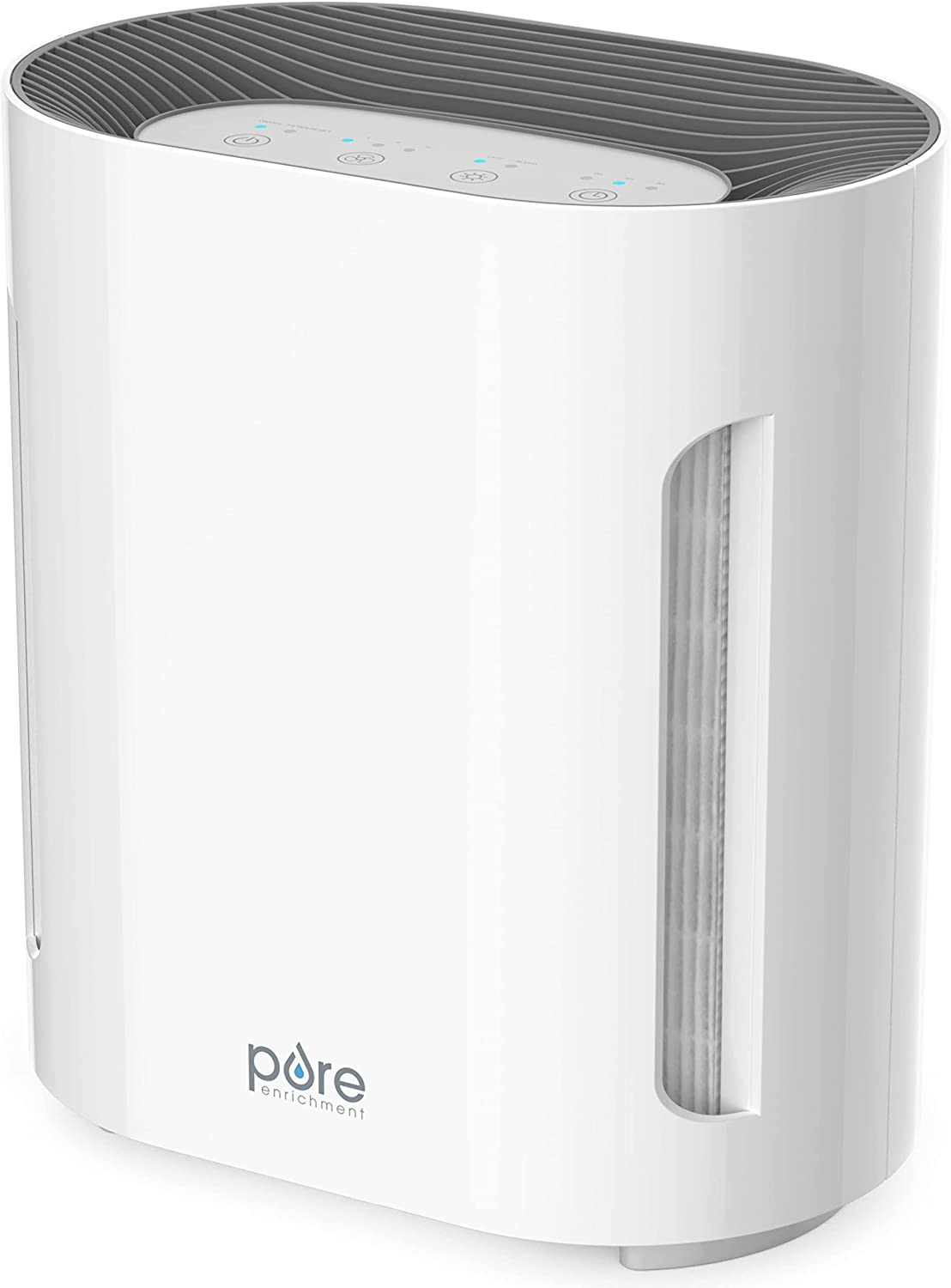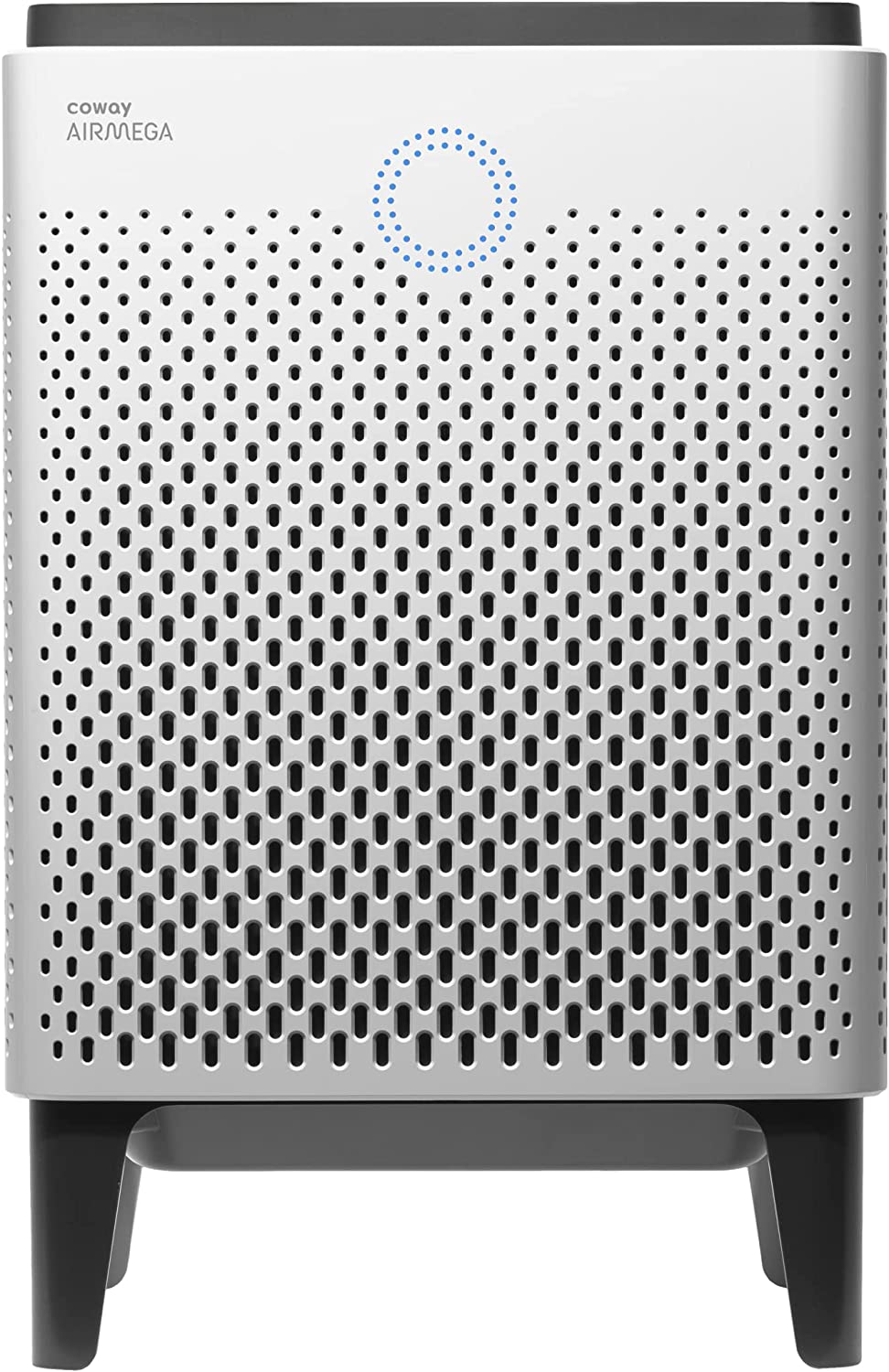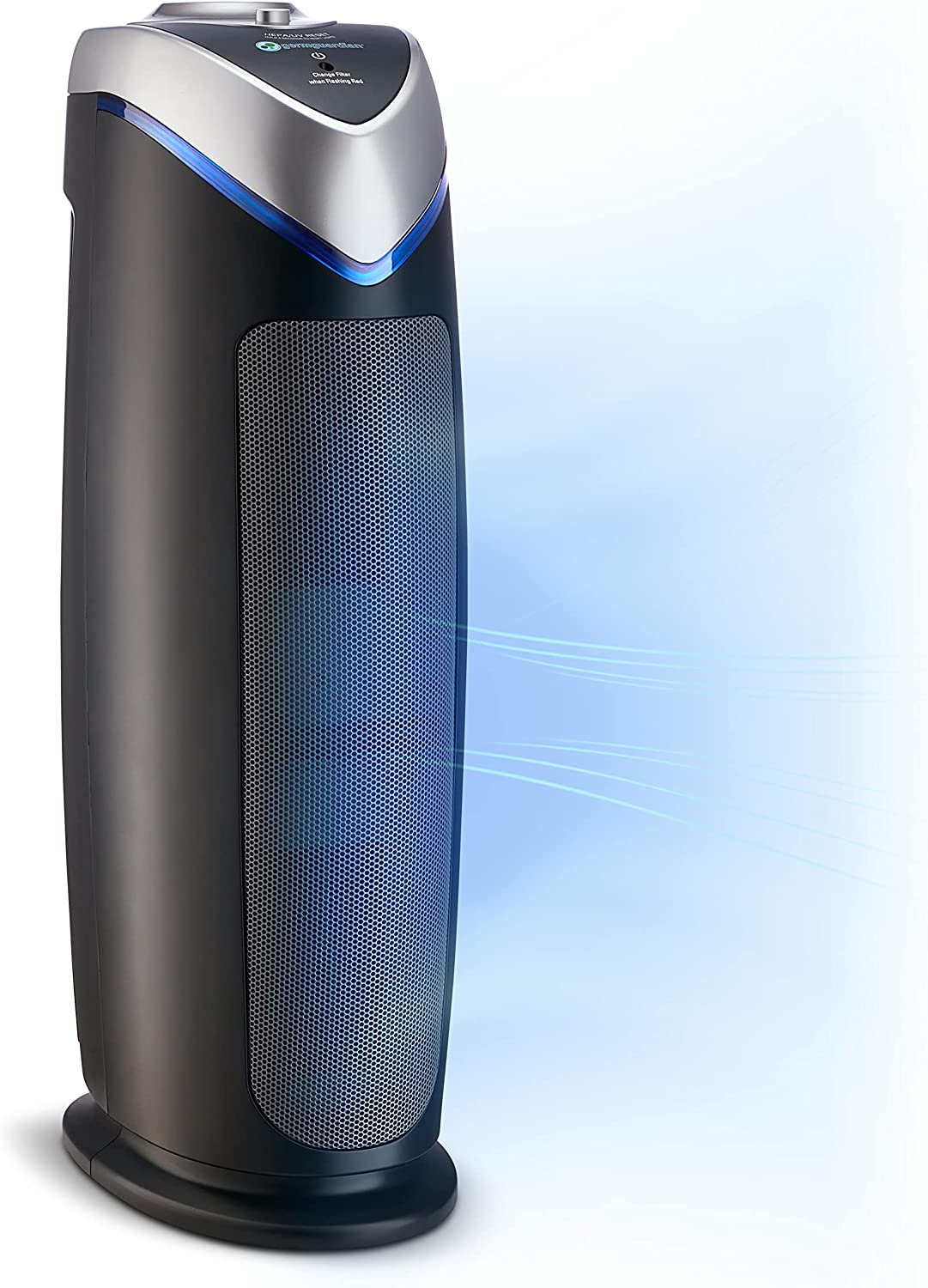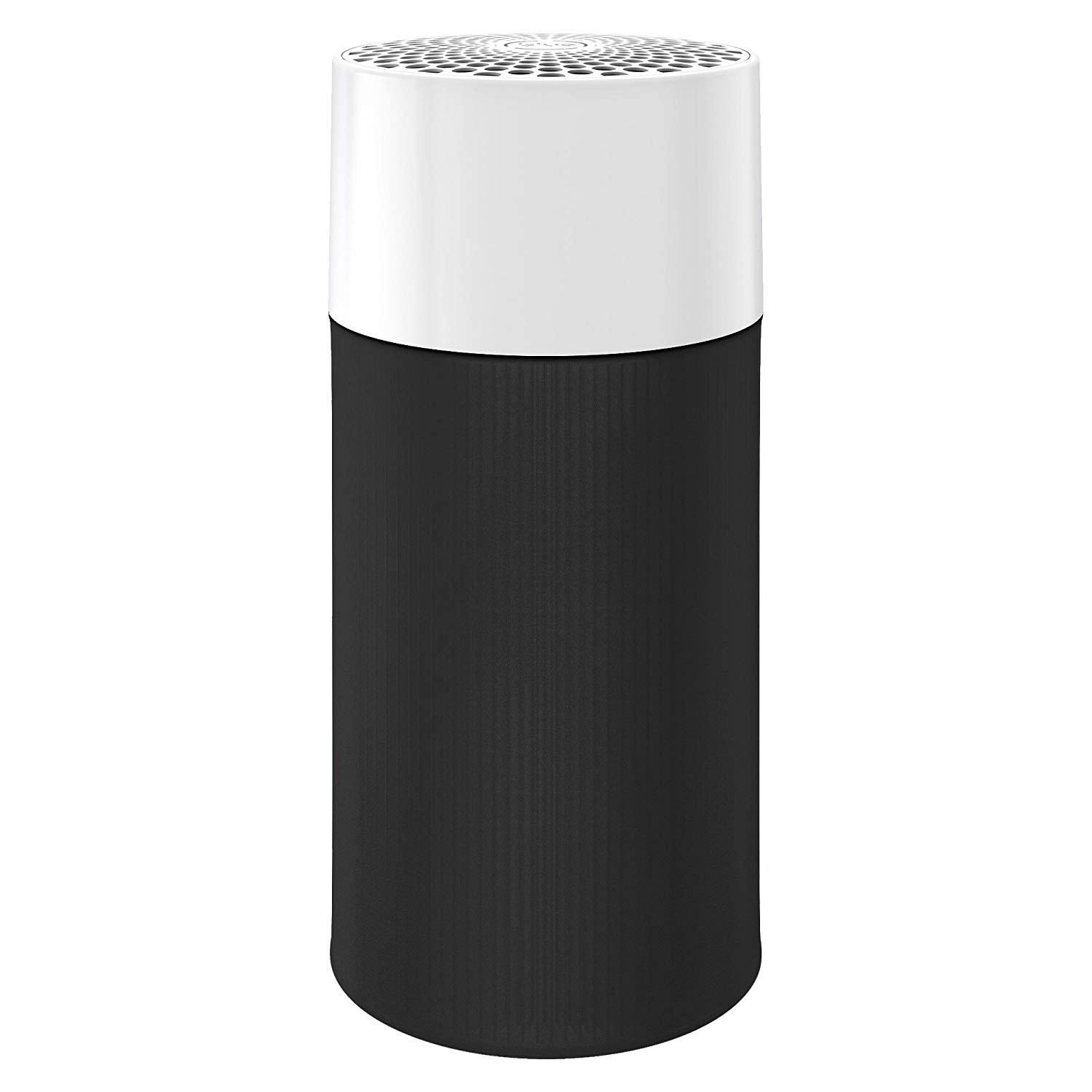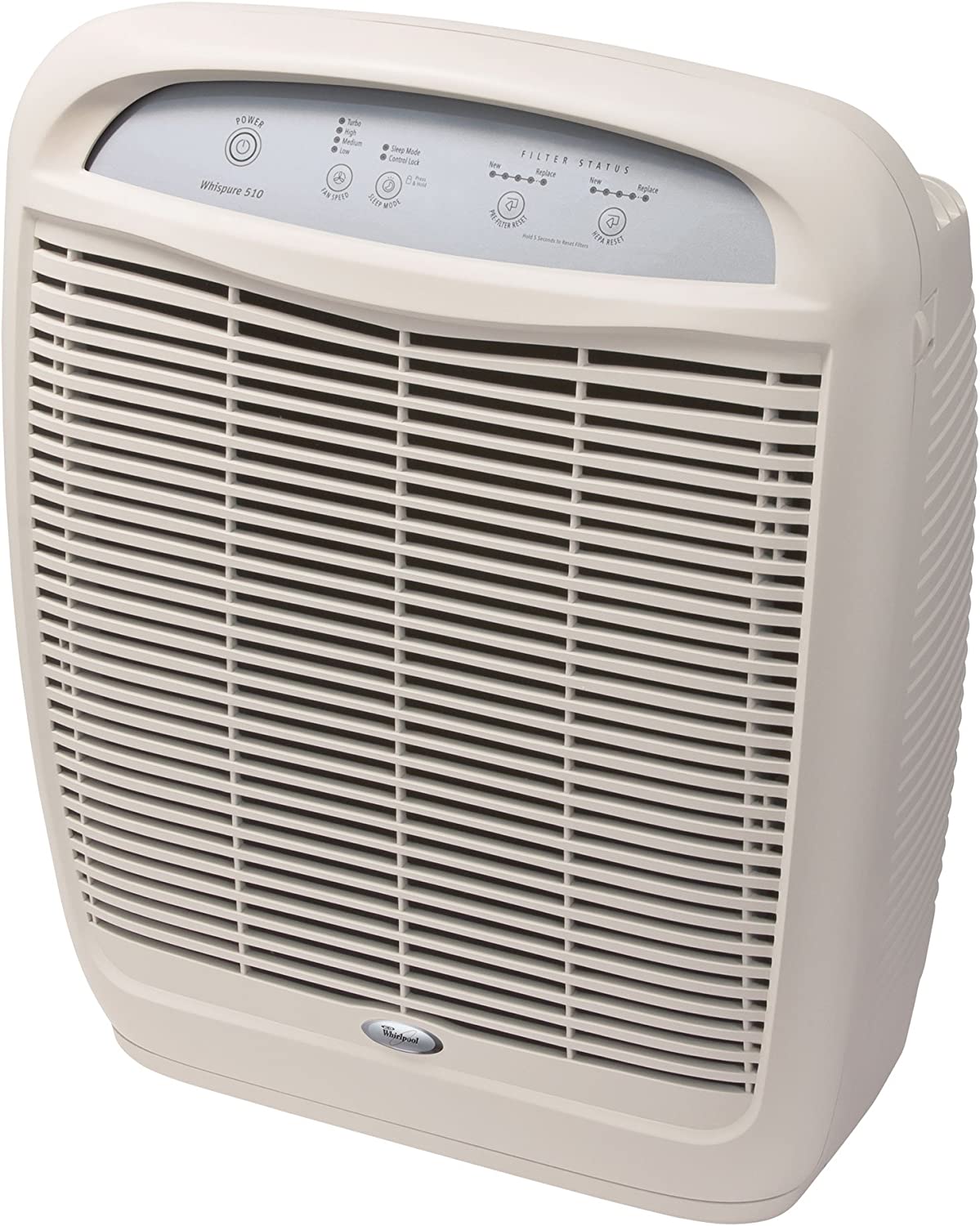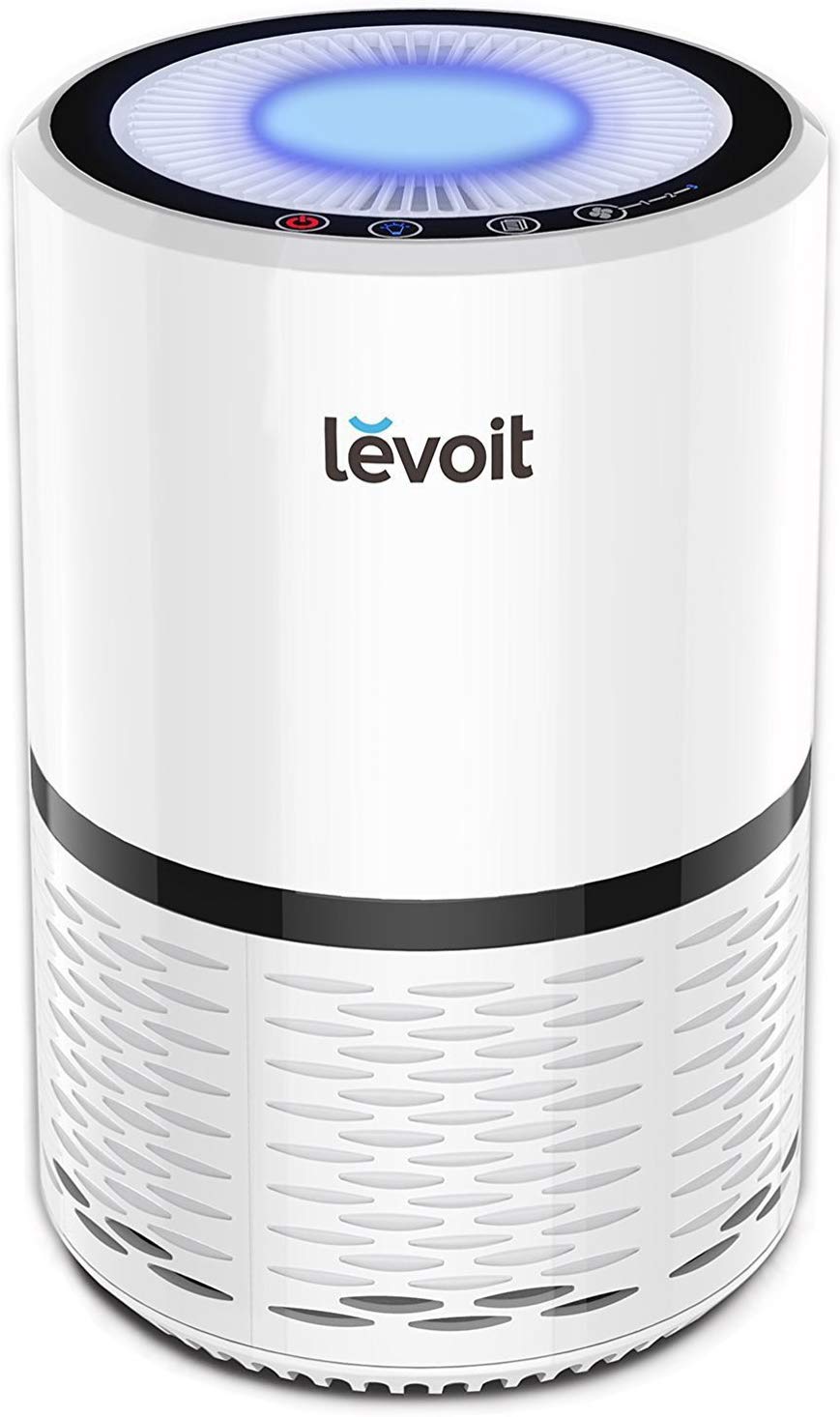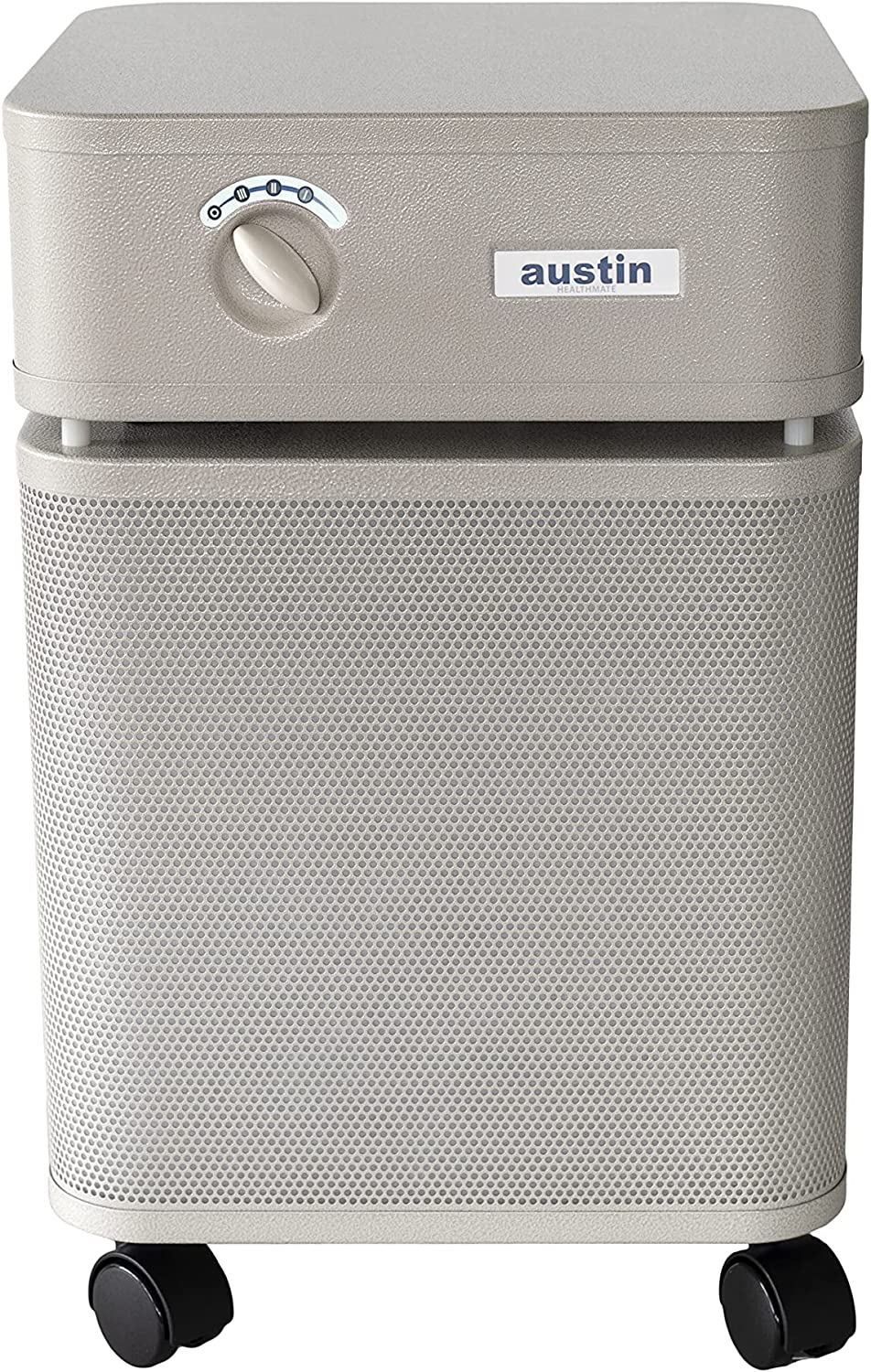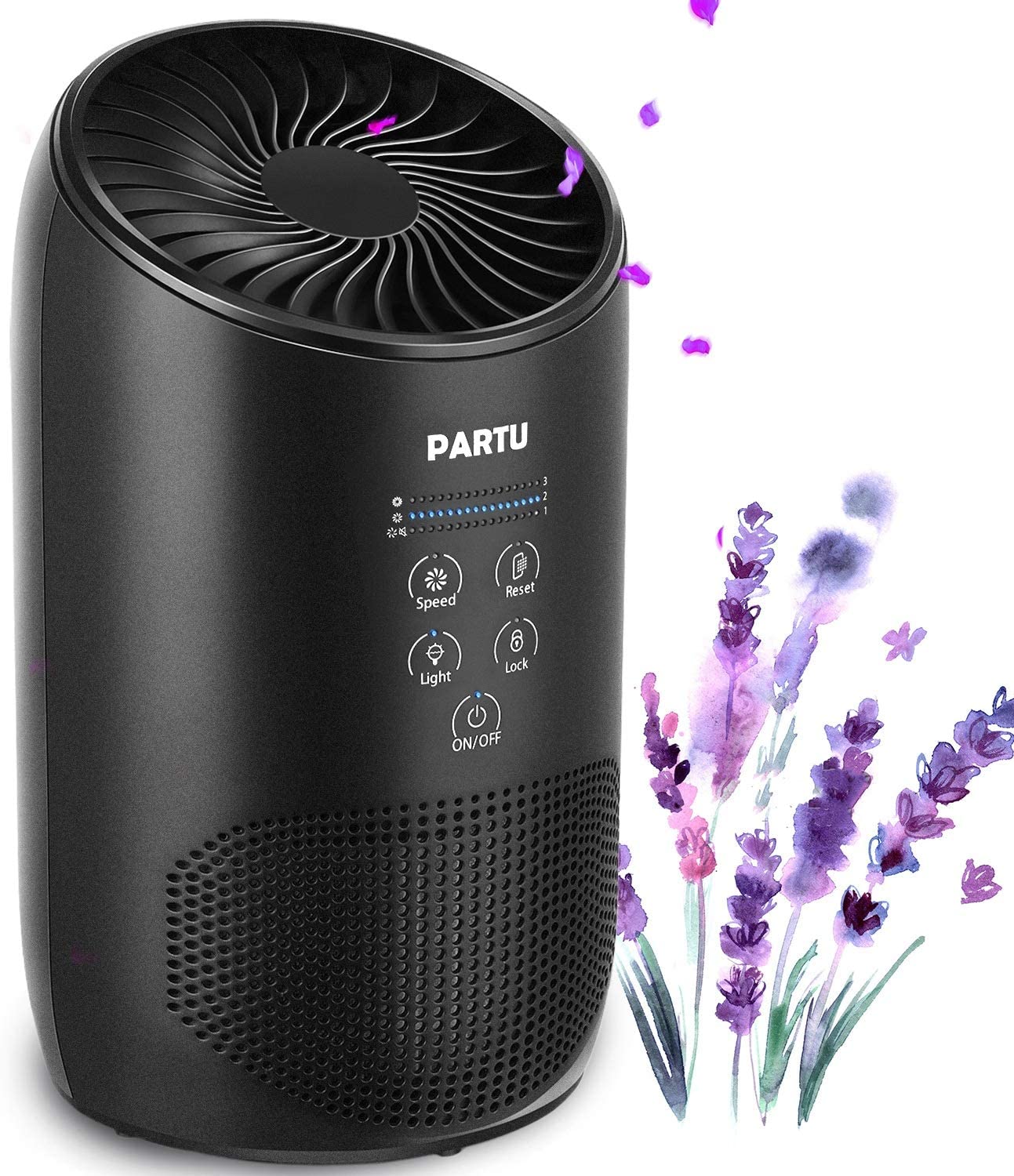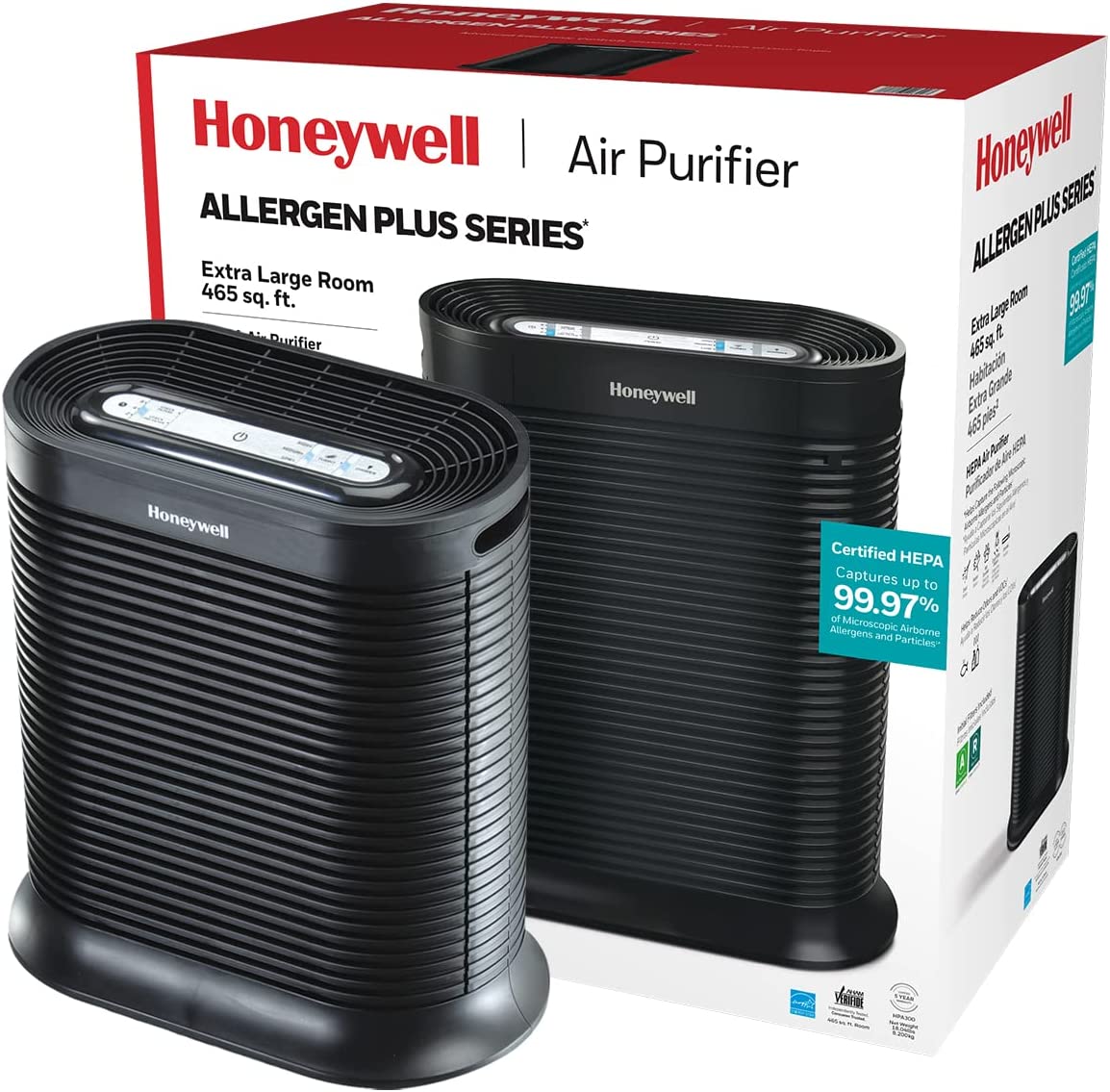IQAir HealthPro Plus Hospital Grade Air Purifier
Last updated: February 14, 2023
A slightly pricier option, but justified for the extremely allergy-prone, or those who need to scrub the air clean in a smoker's den. The IQAir HealthPro's HyperHEPA filter is indeed a cut above, filtering out particulate matter down to 0.003 microns. And while it's bulky, the purifier's effective range is good enough for the largest room in most any home or office.
We looked at the top Air Purifiers and dug through the reviews from some of the most popular review sites. Through this analysis, we've determined the best Air Purifier you should buy.
Product Details
Key Takeaway: With a big range and an impressive filtering system, this air purifier can get even the toughest job done.
In our analysis of 65 expert reviews, the IQAir HealthPro Plus Hospital Grade Air Purifier placed 10th when we looked at the top 17 products in the category. For the full ranking, see below.From The Manufacturer
Only IQAir’s exclusive HyperHEPA filtration technology can stop ultrafine particles down to 0.003 microns – 10x smaller than a virus!Independent testing verifies that IQAir HyperHEPA filtration stops at least 99.5% of all particles down to 0.003 microns for unequaled protection against fine and ultrafine particles, including bacteria and viruses.
